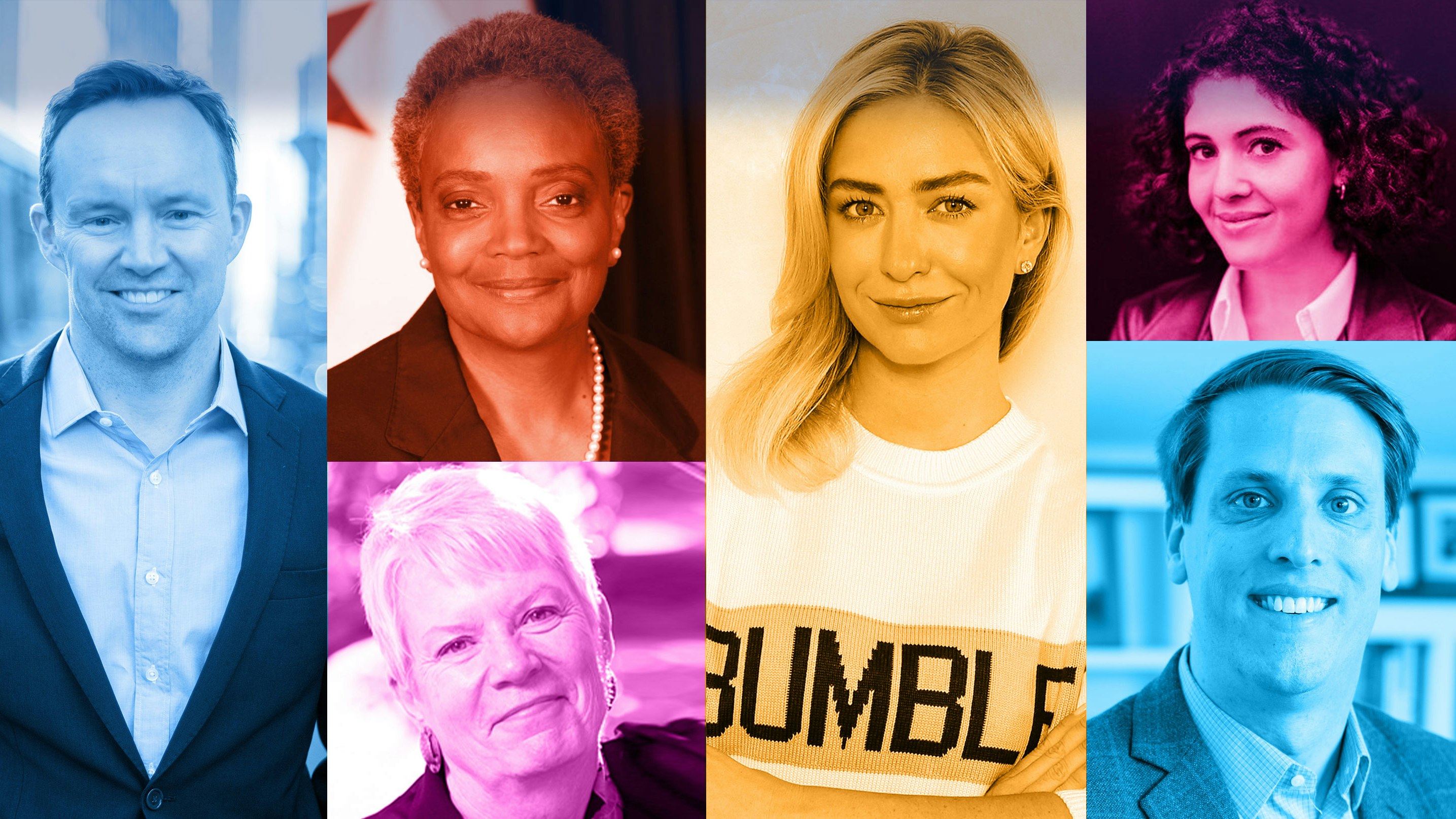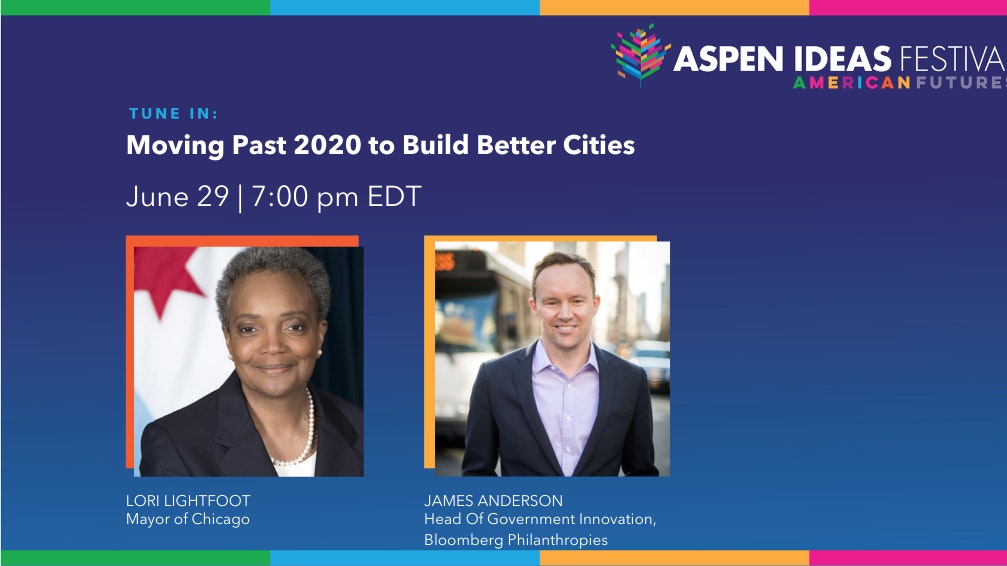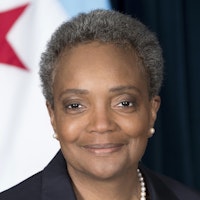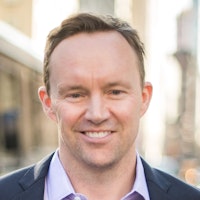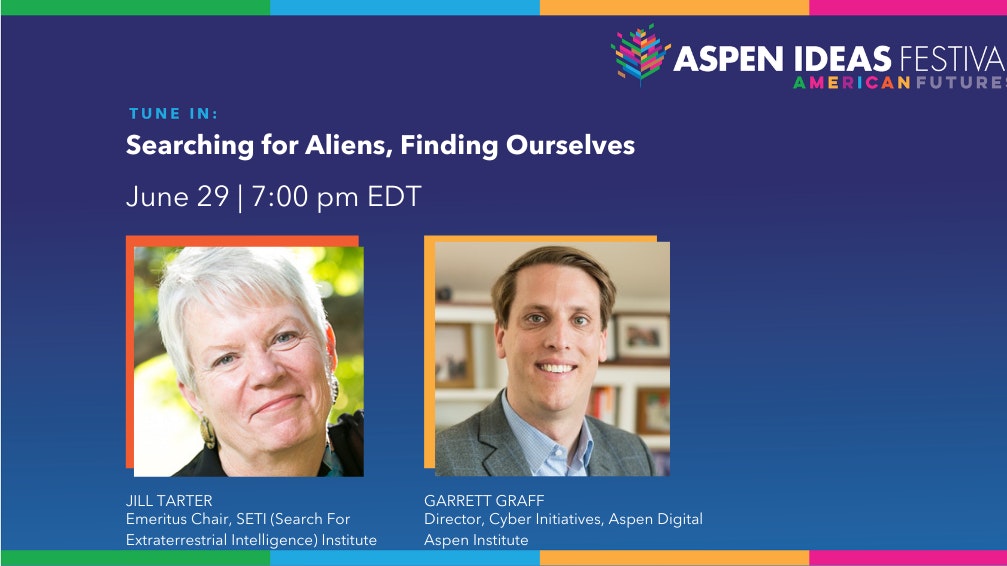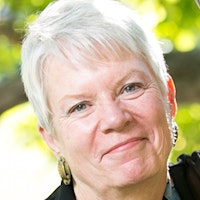
Aspen Ideas Festival - June 29th (full episode)
Can a dating app help shape the way people treat each other online and off? The founder of Bumble talks about turning long-standing mating strategies upside down and inside out. Mayor fatigue is real. Between managing a pandemic, while reckoning with racial inequalities, many stressed out mayors report there’s no time to deal with common city problems. We hear from the mayor of Chicago. Are we alone? Humans have always wanted to know where we come from, how we fit into the universe. Meet an astronomer who says recognizing our place in the cosmos is fundamental to finding how to sustain life on Earth for the long future.
The Billion-Dollar Bumble That Changed the Dating Game Forever
Whitney Wolfe Herd has been called the queen bee of online dating apps, and has turned long-standing mating strategies upside down and inside out. Employing slogans like “Make the First Move” and “The Future Is Female,” she is the youngest woman to ever take a company public, and she is the rare tech CEO who sees her company as a tool to shape how people behave, online and offline. Wolfe Herd shares her vision for a better, more regulated internet, talks about building an empowering lifestyle brand, and shares what Bumble data predicts for dating in the 21st century.
Moving Past 2020 to Build Better Cities
Mayor fatigue is real. The New York Times recently reported that a spate of mayors across the country are stepping away from elected office in a siege of burnout following an exhausting 15 months. Between managing a global pandemic on the local level and reckoning with racial inequalities, many stressed-out mayors report there’s no time to deal with common city problems like snow removal or trash collection. In this conversation, Chicago Mayor Lori Lightfoot discusses pushing through the challenges and initiating the next wave of progress for cities, with Bloomberg Philanthropies’ James Anderson.
Searching for Aliens, Finding Ourselves
Are we alone? Humans have always wanted to know where we come from, how we fit into the universe. As news unfolds about the Navy’s UFO sightings, and as Congress reviews the data, are we closer to answering the age-old question? Search for Extraterrestrial Intelligence (SETI) Institute founder Jill Tarter says as we look up and look out, we must see ourselves from a cosmic perspective, which shows us as all the same — all Earthlings. She illuminates the idea that recognizing our place in the cosmos is fundamental to finding how to sustain life on Earth for the long future.


